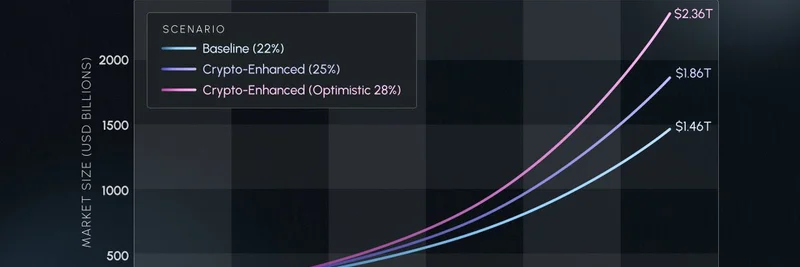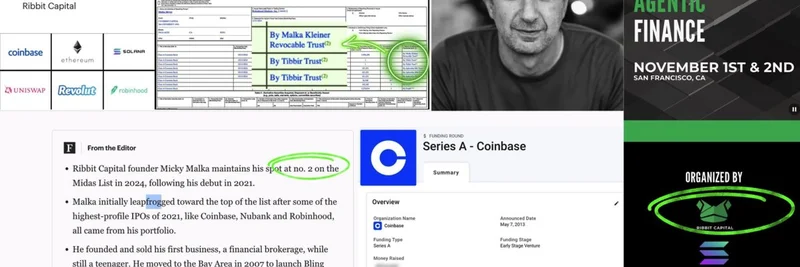If you've been hanging around the Solana ecosystem lately, you know things can get heated when it comes to governance. Solana, the high-speed blockchain that's become a hotspot for meme tokens, relies on a process called SIMD—short for Solana Improvement Document—to propose and vote on changes. Think of SIMDs as blueprints for upgrading the network, ensuring everyone from developers to validators can implement them cleanly.
But not everyone's thrilled with how it's being used. In a recent tweet, Trent.sol (@trentdotsol), the chief curmudgeon at Anza (a key Solana development firm), didn't hold back. He posted: "solana governance needs a different process to gauge sentiment toward loose concepts. abusing the simd process for this kind of thing just devalues both simds and governance imo. both seem a charade." Ouch. This isn't just random griping—Trent's been vocal about Solana's inner workings, having previously led operations at Solana Labs.
What's the Beef with SIMD-0326?
At the heart of this is SIMD-0326, dubbed Alpenglow. Announced by Anza earlier this month, Alpenglow aims to overhaul Solana's consensus mechanism, swapping out the current Proof-of-History and TowerBFT for something snappier. The goal? Slashing block finality times from about 12.8 seconds down to a blazing 150 milliseconds. For meme token enthusiasts, this could mean faster trades, less slippage during pumps, and a smoother experience overall on platforms like Pump.fun or Raydium.
Trent supports the idea of Alpenglow—he's said so in other posts, calling it "good." But his issue? The SIMD itself is too vague. SIMDs are supposed to be detailed enough for any developer to build from scratch without hand-holding. According to Trent, this one reads more like a high-level roadmap item, not a ready-to-code spec. He's argued it should link to more concrete follow-up SIMDs instead of rushing into governance votes. In one reply, he even challenged: "do can you implement it from the description in that simd?"
This isn't Trent's first rodeo. Back in mid-August, he called out "governance" on unmerged SIMDs, emphasizing that Alpenglow would need multiple detailed proposals to get right. And just yesterday, he reiterated that while Alpenglow rocks, SIMD-0326 "isn't a simd" in the true sense.
Why Does This Matter for Meme Tokens?
Solana's meme token scene is massive—think tokens like $WIF, $BONK, or the endless celebrity launches that grab headlines. The chain's low fees and speed make it perfect for viral, high-volume trading. But governance drama like this could ripple through. If the SIMD process gets "abused" for fuzzy ideas, as Trent puts it, it might lead to half-baked updates that cause network hiccups. Remember Solana's past outages? Meme traders hate downtime—it's lost opportunities during those wild pumps.
Plus, governance sets the tone for the ecosystem. Earlier this year, proposals like SIMD-0228 (on dynamic inflation) and SIMD-123 (block reward sharing) stirred up debates on tokenomics, affecting staking yields and SOL supply. These directly impact liquidity for meme projects. If votes feel like a "charade," as Trent says, it erodes trust. Validators and delegates might hesitate, slowing progress on features that could supercharge meme innovation, like better DeFi integrations or faster finality.
The community is split. Some, like Austin Federa (former Solana strategist), call Alpenglow an "easy yes." Others echo Trent's concerns, worried about rushing big changes. Forums like the Solana community site and Reddit are buzzing with feedback on similar past votes, highlighting how these processes need refinement to avoid devaluing the system.
Looking Ahead: Better Governance for a Meme-Friendly Chain?
Trent's tweet is a wake-up call. Solana needs a separate way to poll sentiment on big-picture ideas without hijacking the SIMD pipeline. Maybe dedicated forums or sentiment tools? This could keep things efficient and prevent the "retarded" timeline drama Trent mentioned in another post.
For meme token builders and traders, stable, transparent governance means a more predictable playground. Solana's already proven it's the go-to for memes, but ironing out these kinks could cement its lead. If you're staking SOL or launching the next viral token, keep an eye on these debates—they shape the chain's future.
What do you think? Is Trent onto something, or is the process fine as is? Drop your takes in the comments below, and follow Trent's profile for more unfiltered insights. Stay tuned to Meme Insider for the latest on how blockchain governance intersects with the wild world of memes.



